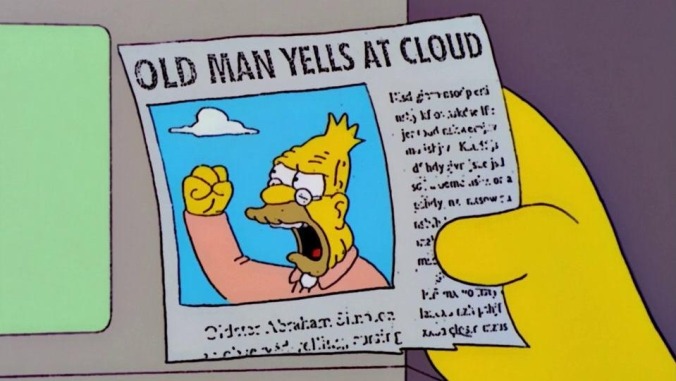Senate finally asks Facebook to stop all the "Finsta"
Senator Richard Blumenthal is apparently tired of people lurking on his page with fake accounts

In addition to the United States government hurtling towards economic destruction because Senators Joe Manchin and Kyrsten Sinema won’t just tell their colleagues how much they’re willing to spend on infrastructure, the Senate is also pleading with Facebook to stop ruining our lives with something called “finsta.”
For the adults in the room, “finsta” is a term for a fake Instagram account. The slang term has been around since at least 2014—if not earlier. Why would someone use a fake account? Plenty of reasons. Either they don’t want people seeing their pictures, likes, followers, etc. It’s mostly used to lurk Instagram anonymously or in smaller groups.
Despite being around forever, “finsta” accounts had their day in court today. As shared by BuzzFeed’s Eric Morrow on Twitter, during the Hearing on Protecting Children Online, Senator Blumenthal asked Facebook’s global head of safety Antigone Davis whether the company would “commit to ending ‘finsta.’”
As much as it pains us to give credit to Facebook, Davis really held it together when explaining that “finsta” is not a product made by the company. “We don’t actually do ‘finsta,’” Davis said. “What finsta refers to is young people setting up accounts where they might want to have more privacy. You refer to it as privacy from their parents, but in my interaction with teens, what I’ve found is that they sometimes like to have an account where they can interact with a smaller group of friends.”
Blumenthal doubled down, which is funny. “Finsta is one of your products or services,” he said. “We’re not talking about Google or Apple, correct?”
“‘Finsta’ is slang for a type of account,” Davis said.
Obviously, this misunderstanding isn’t the most important thing in the world. Still, a working familiarity with the slang and usage of social media sites should be required when hosting one of many hearings with the company, especially considering how a disregard for the power these sites hold has led to our current dystopia.
Earlier this month, the Wall Street Journal revealed what everyone already assumed: Facebook is aware of how harmful Instagram is to young girls. “We make body image issues worse for one in three teen girls,” said a slide from a 2019 internal presentation. “Thirty-two per cent of teen girls said that when they felt bad about their bodies, Instagram made them feel worse,” said a slide from 2020.
Of course, that’s beside the point, and our colleagues at Gizmodo have a great rundown of how Facebook allegedly lied to congress about the controversy. So in the meantime, enjoy Blumenthal’s gaffe, sit back in your lounge chair, sip that drink, and catch some rays. After all, the future’s so bright, you’ve got to wear shades.